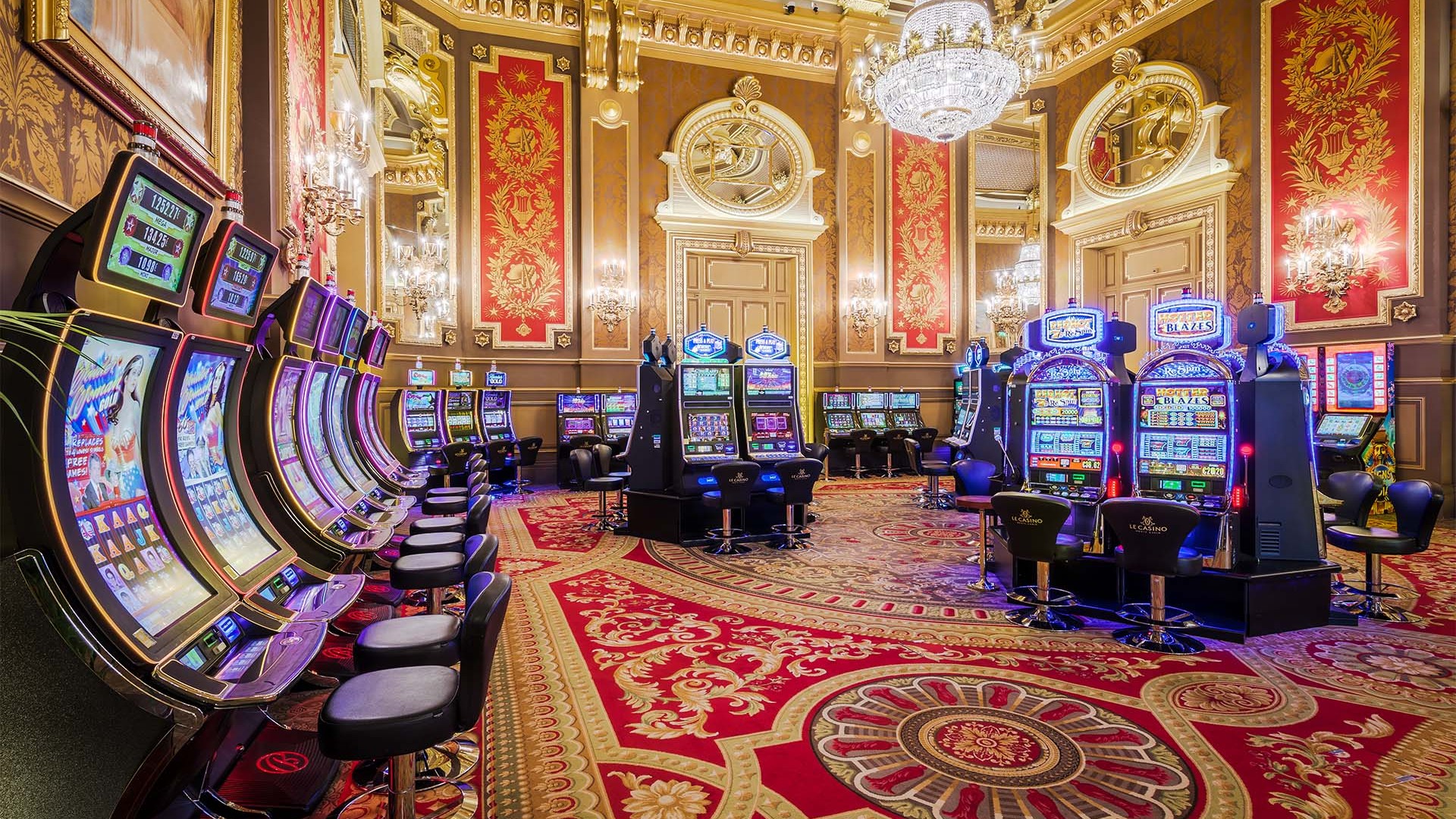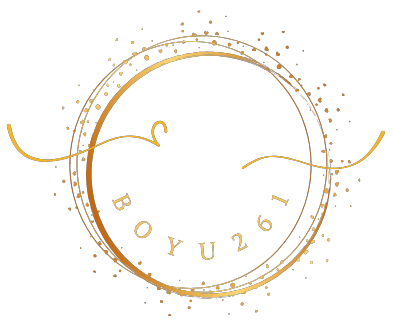
In the world of gambling, in which chance and strategy converge, a unique tapestry of beliefs manifests—one that intertwines luck, fate, and the enigmatic nature of casino games. Casinos, bustling with excitement and anticipation, are not just spaces for placing bets; they are also arenas where superstitions thrive. Ranging from the novice player to the seasoned gambler, these mysterious practices often shape how individuals approach the games they play, holding the belief that their actions can impact the outcome in ways that go beyond mere probability.
As players gather around roulette wheels, blackjack tables, and slot machines, the atmosphere is thick with stories of lucky charms, rituals, and codified behavior that defy logic yet provide a sense of comfort. It could be the case that it’s wearing a specific outfit, following a particular sequence of bets, or even avoiding certain numbers, the attachment to various superstitions reflects a deep-rooted desire to control the uncontrollable. This article delves into the captivating world of casino game superstitions, investigating the beliefs that simultaneously entertain and mystify those who dare to play.
Cultural Roots of Superstitions
Gambling activities have long been entwined with an array of superstitions that trace to ancient societies. The origins of these ideas can be associated to humanity’s fundamental desire to influence the uncertain outcomes connected with chance and uncertainty. In ancient civilizations, activities of chance were often linked to religious practices. Players would seek blessings or request favor from gods, believing that their actions could influence the odds in their benefit. This foundation laid the groundwork for the variety of superstitions that proliferated as gambling evolved over time.
During the medieval age, betting became a widespread activity across Europe, and with it, a rich tapestry of superstitions appeared. Players adopted numerous rituals and charms, believing they could affect the outcome of games. The importance of numbers, in particular, started to show in superstitions around card games and dice. The number 7 was often considered lucky, while other numbers carried bad connotations. These ideas mirrored the cultural contexts of the time, changing as they transferred through generations and changed to emerging gaming environments.
As casinos appeared in the seventeenth century, particularly in the Italian peninsula and France, the atmosphere surrounding betting became steeped in enigma. The growing accessibility of casino games allowed for the dissemination and diversification of superstitions among players. Concepts like charmed charms, special seating positions, and rituals gained importance, creating a special culture within betting houses. As these traditions continued to thrive, they became fundamental to the identity of casino activities, illustrating how historical developments and tradition shape the notions that influence how players engage with chance.
Common Casino Superstitions
Beliefs surrounding gambling activities are abundant and varied, reflecting the hopes and anxieties of players as they engage in random games. One of the most prevalent beliefs is that certain numbers bring fortune or misfortune. For example, the number 7 is often seen as a favorable number, frequently embraced by players looking for a positive outcome. Conversely, the number 13 is routinely considered unlucky, leading many gamblers to avoid it during their gambling periods.
A frequent belief relates to practices that gamblers believe can influence their odds. It could be blowing on dice before a roll, using a specific gesture to place a bet, or even wearing specific items of attire, many people feel that these rituals can tilt luck in their favor. These rituals offer a feeling of power in an otherwise random environment, strengthening the idea that luck can be manufactured through personal beliefs and habits.
Finally, the ambiance and vibe of the casino itself adds to myths. Many players suggest that the presence of specific icons, such as four-leaf clovers or fortunate coins, can enhance their chances of success. Additionally, players might hold to the belief that victory streaks can be halted by mundane events, such as someone walking past or a spill at the table. The collective atmosphere in a gambling house can amplify these beliefs, creating a shared culture of superstitions that transcends individual experiences.
Impact of Superstitions on Players
Beliefs play a significant role in the psychology of casino players, often affecting their actions and choices. Numerous gamblers believe that fortune can be manipulated through various rituals, such as donning a talisman, selecting specific colors, or steering clear of particular digits. This reliance on superstitions can create a feeling of authority in an environment that is inherently unpredictable. Players often feel more self-assured and involved when they believe that their actions could sway the result of a game in their favor.
The impact of these superstitions extends past individual players, affecting the general atmosphere inside the casino. For instance, a player who believes in the luck of a particular slot machine might attract a crowd, as onlookers are fascinated by their apparent luck. This collective belief can amplify excitement and create a dynamic environment, leading to an captivating experience even for those who may not necessarily be believers themselves. The buzz around specific games can lead to higher participation and extended playing sessions, supporting the casino’s vibrant social scene.
In some cases, superstitions can lead to negative effects for players. Depending too much on rituals can result in bad gambling decisions, as some may overlook basic strategies in favor of baseless beliefs. online casino österreich Additionally, the pressure to perform rituals may increase anxiety and tension, detracting from the enjoyment of the experience. Ultimately, while superstitions can enhance the thrill of playing casino games, they can also lead to foolish choices that overshadow the fun and entertainment intended in the casino experience.
